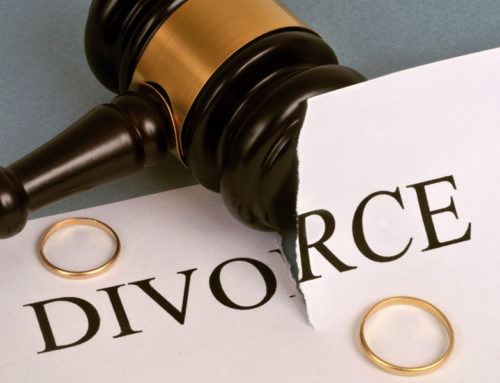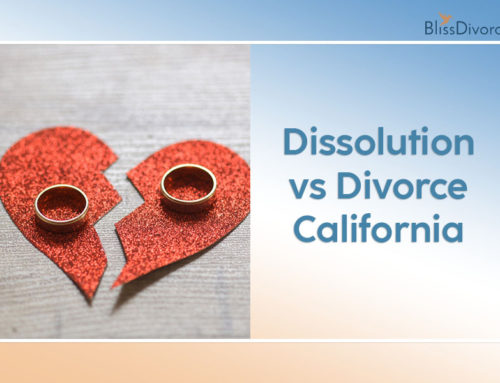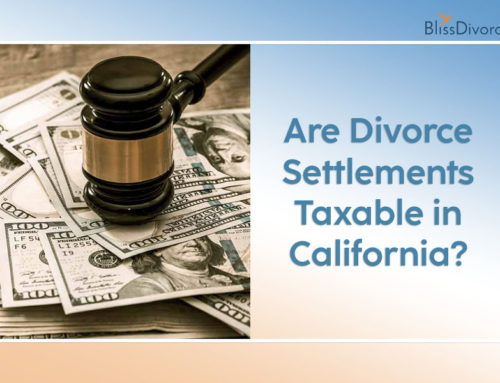If you have a living trust and are considering separating from your spouse, you may wonder how is a living trust typically handled in a divorce in California. So, what happens to a living trust in a divorce in California?
Read on as we explore the way living trust assets are impacted and divided during divorce proceedings.
What Happens to a Living Trust in a Divorce in California?
A living trust in California is a legal tool for financial planning that allows an individual (Trustee) to hold another one’s property (Settlor) for the benefit of someone else (Beneficiary).
Living trusts offer you the benefit of privacy and flexibility in estate planning, but they may complicate things in the case of a divorce.
We must note a divorce does not automatically revoke or amend your living trust to remove your ex-spouse as a trustee or beneficiary. If your ex-spouse is a trustee or a beneficiary in your living trust, you will need to revise it if you want it removed.
While in California, you may file for a divorce without a lawyer; if you have considerable assets in a living trust, you may consider having an online divorce lawyer consultation to understand your options.

Source: shutterstock.com / Photo Contributor: Lane V. Erickson
Types of Living Trusts: Does Divorce Revoke a Trust in California?
There are two types of living trusts: revocable and irrevocable. Revocable trusts are the most common ones, and you may amend them whenever you want. Revocable living trusts allow you access to the funds or the ability to dissolve them at any time.
If you want to remove your spouse as a trustee or a beneficiary after your divorce, you may amend the living trust. If you and your spouse have a joint revocable living trust, you must dissolve the trust to claim separate assets and divide marital assets.
In contrast, irrevocable living trusts are more often used by high-asset individuals, and the assets placed in them do not belong to the marital community.
This means these assets are not subject to division during a divorce. But if you have an irrevocable living trust and your ex-spouse is one of the trustees or beneficiaries, it means you won’t be able to change it after divorce.
Types of Assets Commonly Held in a Living Trust
You may put in a living trust all kinds of assets, including the following:
- Bank accounts (checking, savings, certificates of deposit, safe deposit boxes, brokerage, and mutual fund accounts)
- Real estate property
- Insurance policies
- Stocks, bonds, and other Investment assets
- Limited Liability Company (LLCs)
- Retirement assets (individual retirement accounts (IRAs), 401(k) accounts, and 403(b) accounts)
- Health savings accounts (HSAs) and Medical Savings Accounts (MSAs)
- Vehicles (cars, boats, motorcycles, campers, etc.)
Benefits of Establishing a Living Trust
You may consider establishing a living trust due to the following advantages:
- Avoiding Probate– when your assets are in a living trust if you die, probate is not necessary to pass them onto your heirs, which is the case with wills.
- Tax Planning– a living trust helps avoid or reduce estate, gift, and income taxes.
- Control– a living trust is an excellent form of estate planning, allowing you to control your assets while you are still alive. You may distribute your assets to people you select after your passing.
- Protection against Creditors– assets in a living trust may be protected against the beneficiaries’ creditors.
- Privacy– because a living trust is not a public record, only you and the beneficiaries have the right to know about the assets in it.
Treatment of Living Trusts in California Divorce Proceedings
Can a trust protect assets from divorce in California? The answer depends on when you have established the living trust.
If the living trust, whether revocable or irrevocable, was established before your marriage, it is considered separate property. As long as the assets are separate property, they are protected during divorce proceedings.
Divorce may have the following impacts on living trusts:
- Community property laws– under California laws, all assets acquired during the marriage are considered community property. This means they are subject to equal division during divorce. Assets in living trusts may be community property if they were placed in the trusts during the marriage.
- Revoking a living trust– after the divorce, you must revoke the trust or amend it to reflect your new circumstances, as divorce does not automatically revoke it.
- Changing beneficiaries– if your ex-spouse was a significant beneficiary of your living trust, you may want to change it after the divorce.
- Retitling Assets– after the divorce, you may need to transfer assets back into your name, sell them, or make other necessary changes to align with your post-divorce financial situation.

Source: shutterstock.com / Photo Contributor: Andrii Yalanskyi
Conclusion
What happens to a living trust in a divorce in California? Depending on whether the assets in the living trust are considered community or separate property, they will be divided accordingly.
If the assets are community property, the living trust will be dissolved, and the trust will be divided between you and your spouse. But, if the assets are separate property, the divorce does not impact the living trust.




